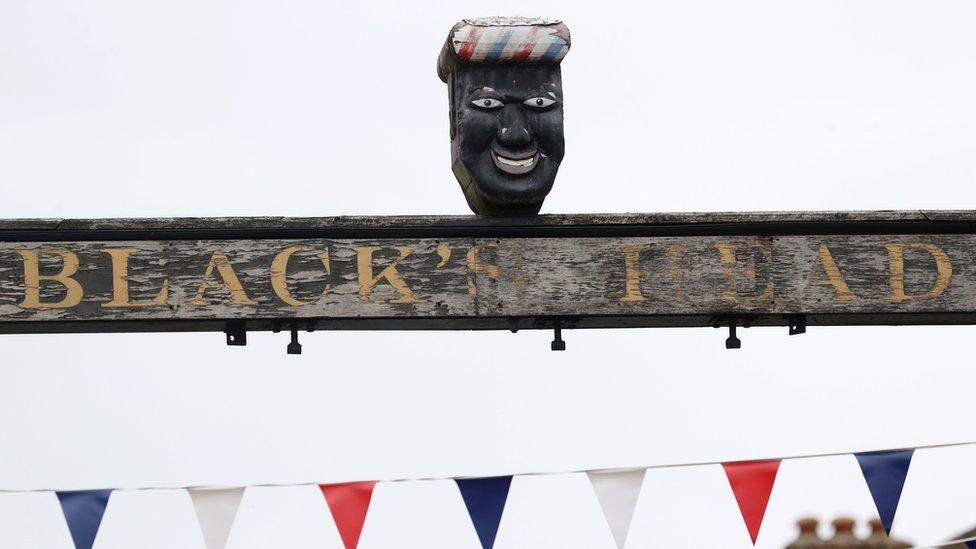Removed black man's head sign set to go on display
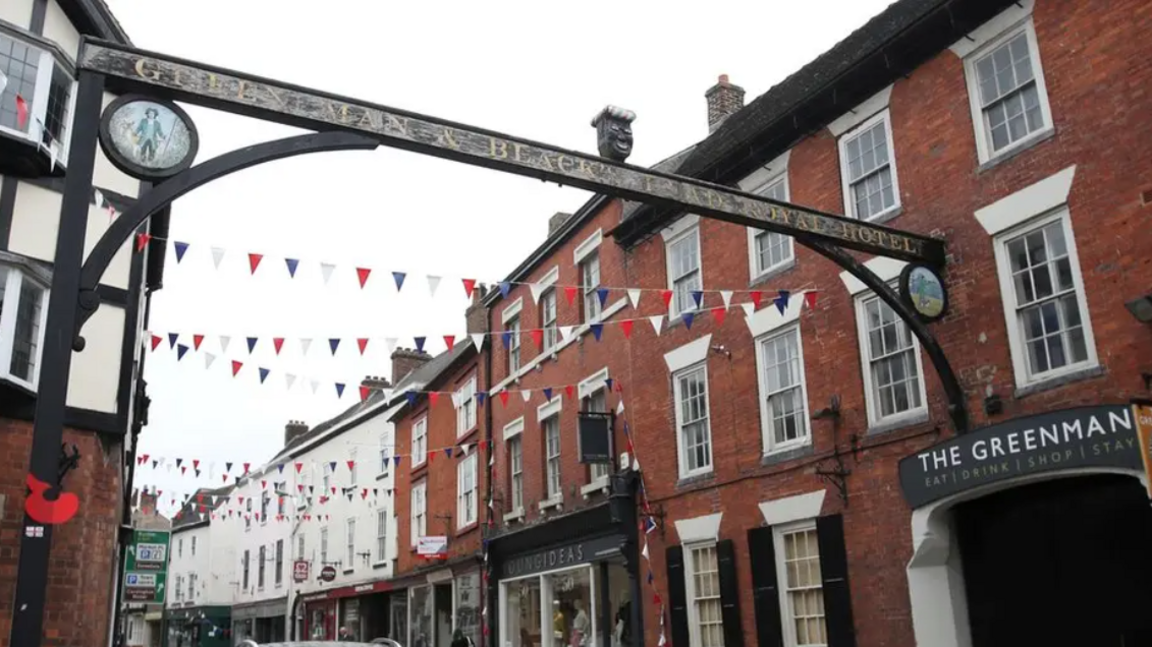
The Grade II* listed sign was at the centre of a debate about racism and history
- Published
A controversial sculpture is set to return to public display in Derbyshire five years after it was removed amid a row over racism.
The Black's Head sculpture, which formed part of a Grade-II*-listed sign, external above St John's Street in Ashbourne, was taken down by residents in June 2020 but is now due to be placed in Ashbourne Museum.
Since its removal, the sculpture has been kept in Derbyshire County Council's Matlock Records Office for five years "for safekeeping".
The district council has now applied for permission to house the head in Ashbourne Historical Centre inside a glass container alongside a display detailing its history and the circumstances of its removal.
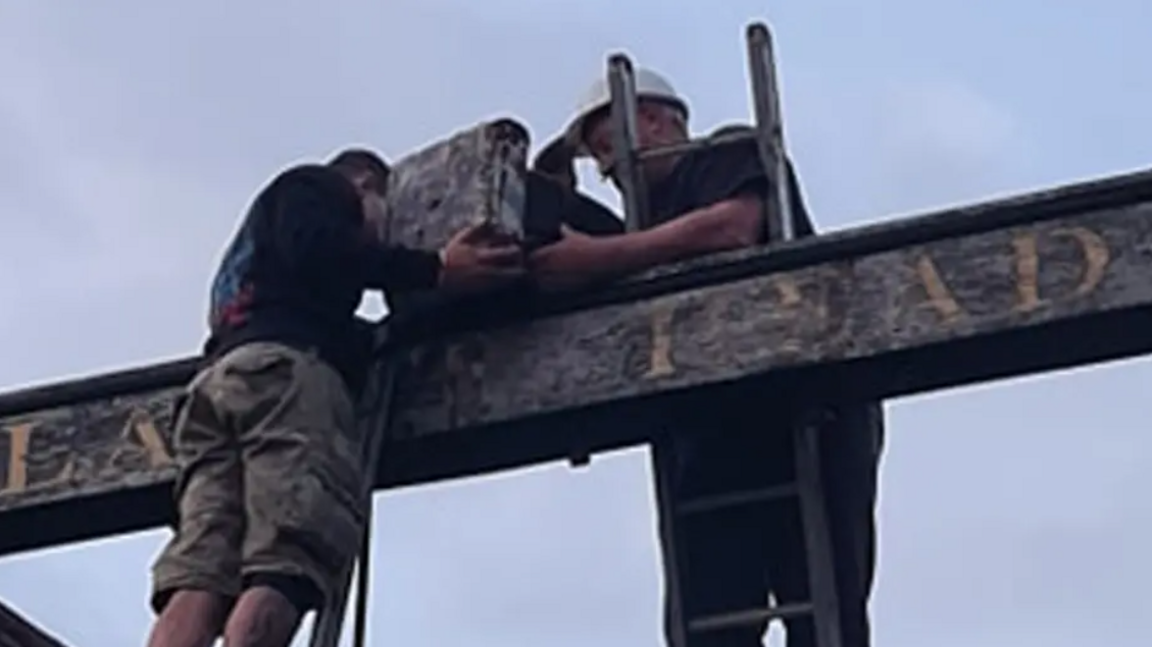
The head was removed after fears it would be damaged
The Local Democracy Reporting Service (LDRS) said documents submitted with the plans detailed a brief summary of the events of the sculpture's removal.
The planning documents state: "The current situation is that the head element was removed from the sign on 8 June 2020 by persons unknown without the consent of the district council in its capacity as owner of the sign or as local planning authority.
"The removal was at the time of heightened tensions nationally about statues and structures with an actual or alleged connection with the slave trade.
"After a period of time, the head was returned to the district council and was deposited at Derbyshire County Archives Office for safekeeping, where it currently remains."
It details that the history of the sign and its connection with the slave trade is "inconclusive".
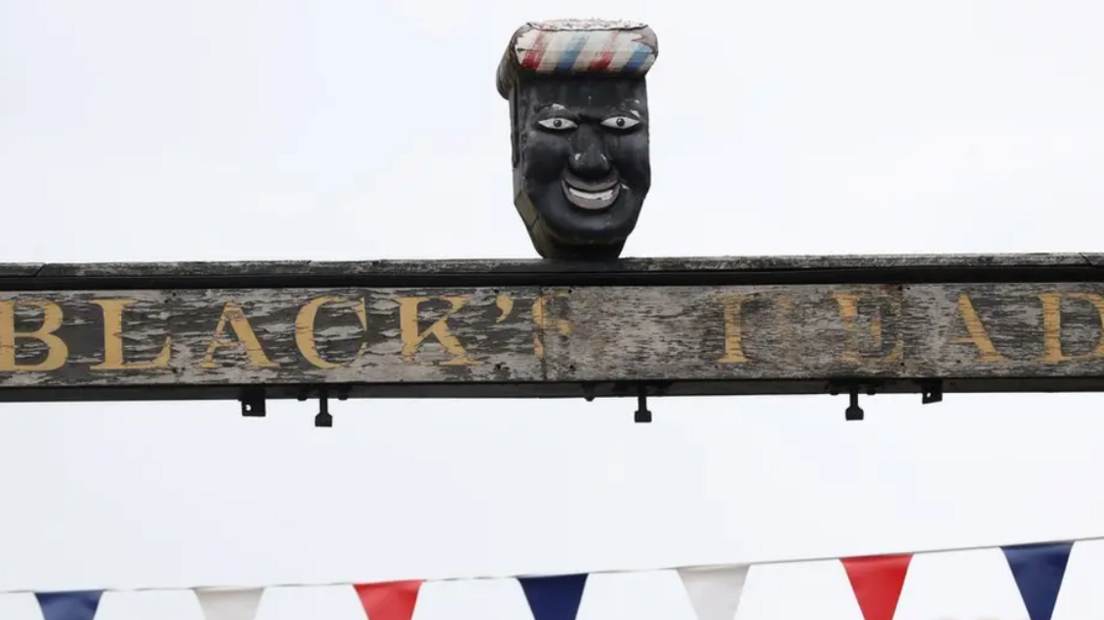
The mid-18th Century sign bridged St John Street in the town centre
The document continues: "It is considered that the return of the head to the sign in such a prominent position spanning the main A515 road through the centre of Ashbourne would not allow an explanation of the sign to be included as it might be with a statue in a public square."
A small sign directing people to the museum would be placed on the bottom of the sign which once carried the sculpture in St John Street, if the plans are approved.
The people who removed the sculpture were photographed and filmed throughout the removal on 8 June and their identities were uncovered.
They were part of a group of about 150 campaigners who gathered to remove the sculpture.
'Racialised stereotype'
More than 45,000 people signed a petition calling for the Black's Head sculpture to be removed, with a counter-petition to "save" it gathering 4,000 signatures.
A cultural historian report carried out by two doctors at the University of Nottingham, on behalf of the council, submitted with the plans, concludes: "We conclude that the design of the Ashbourne Head is likely not derived from a specific individual but draws on wider racialised stereotypes of people of African descent in the 17th and 18th centuries, a period associated with British colonisation and transatlantic enslavement.
"We recommend that the Ashbourne Head is not reinstated in its former position in the streetscape of Ashbourne.
"The proposal that it is placed within a heritage or museum setting and appropriately interpreted would be in keeping with the evidence found."
Get in touch
Tell us which stories we should cover in Derby
Follow BBC Derby on Facebook, external, on X, external, or on Instagram, external. Send your story ideas to eastmidsnews@bbc.co.uk, external or via WhatsApp, external on 0808 100 2210.
Related topics
- Published29 November 2021
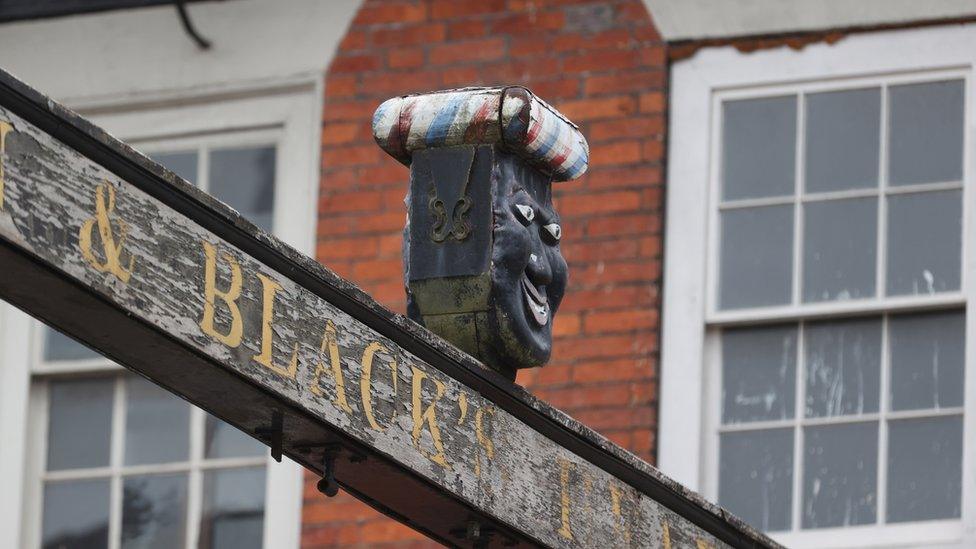
- Published22 July 2020
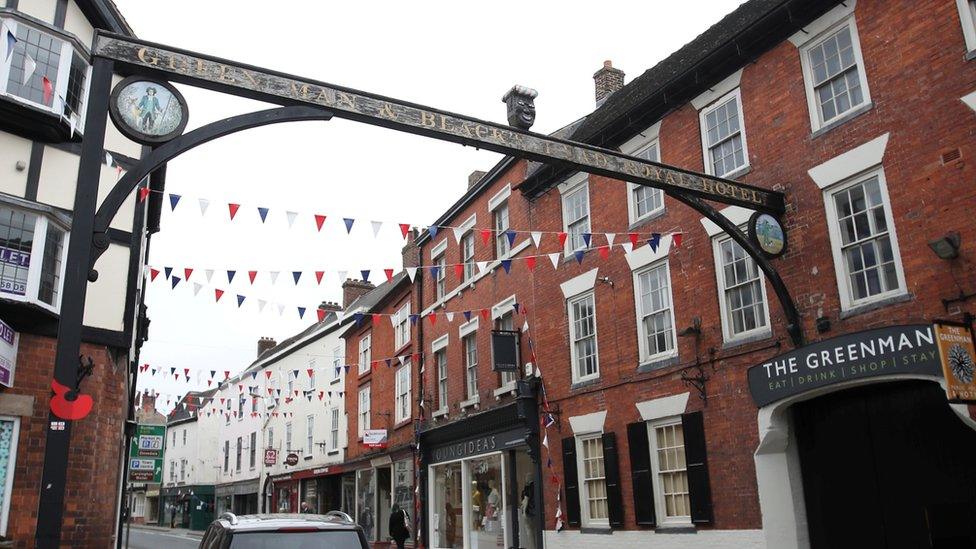
- Published12 June 2020
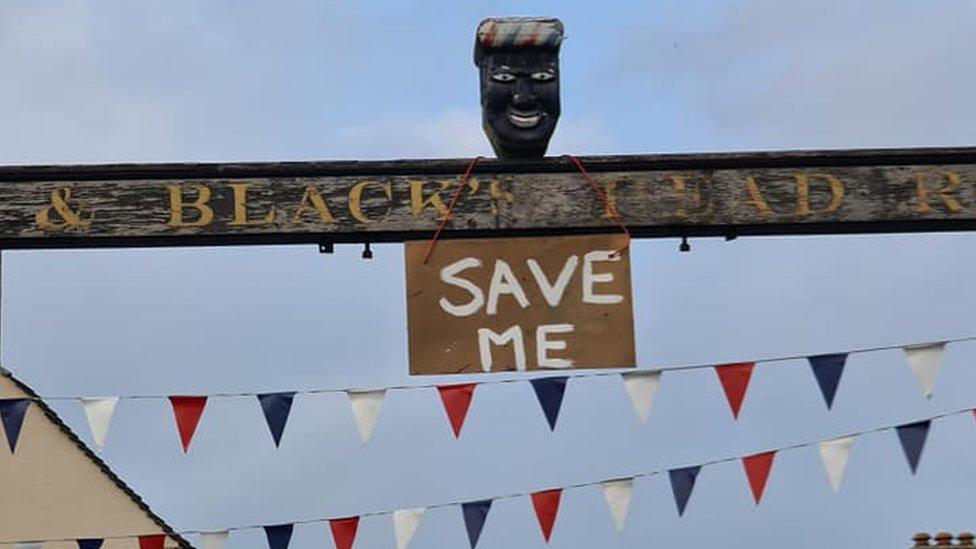
- Published9 June 2020
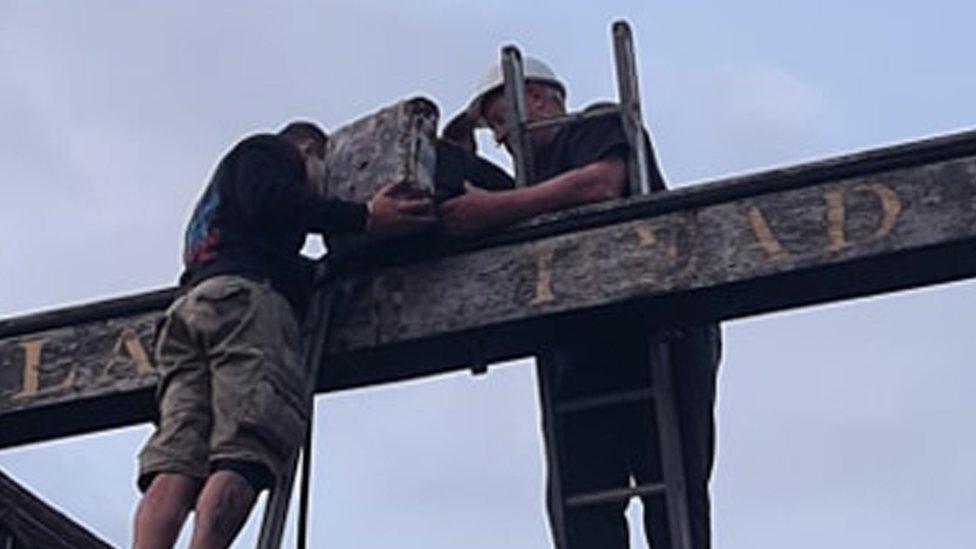
- Published8 June 2020
